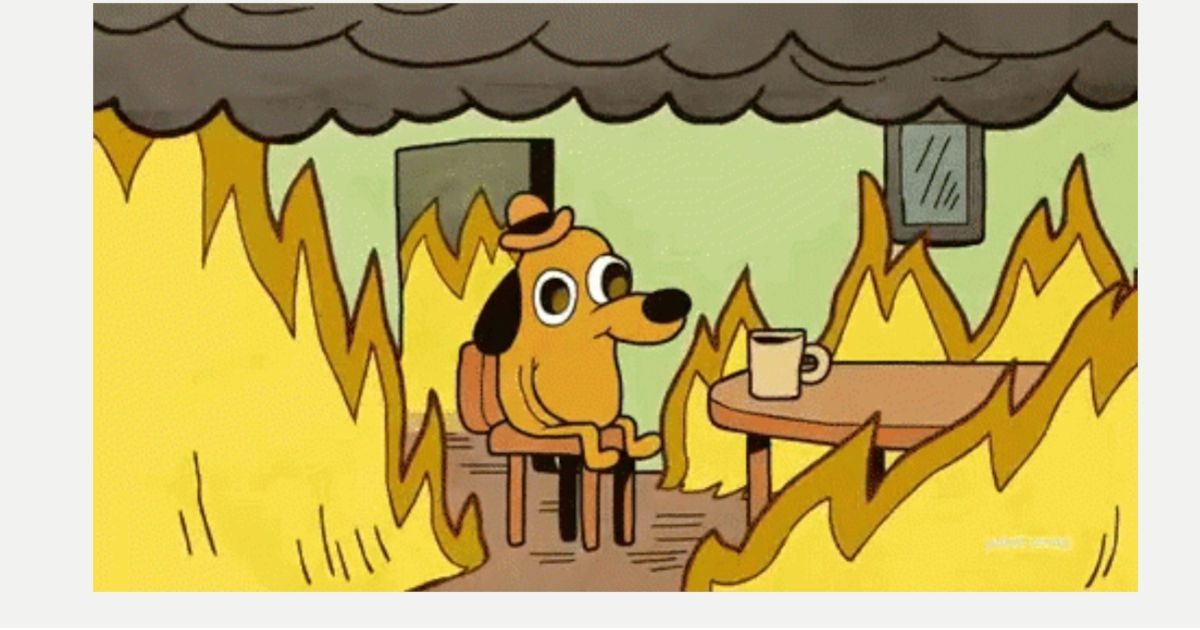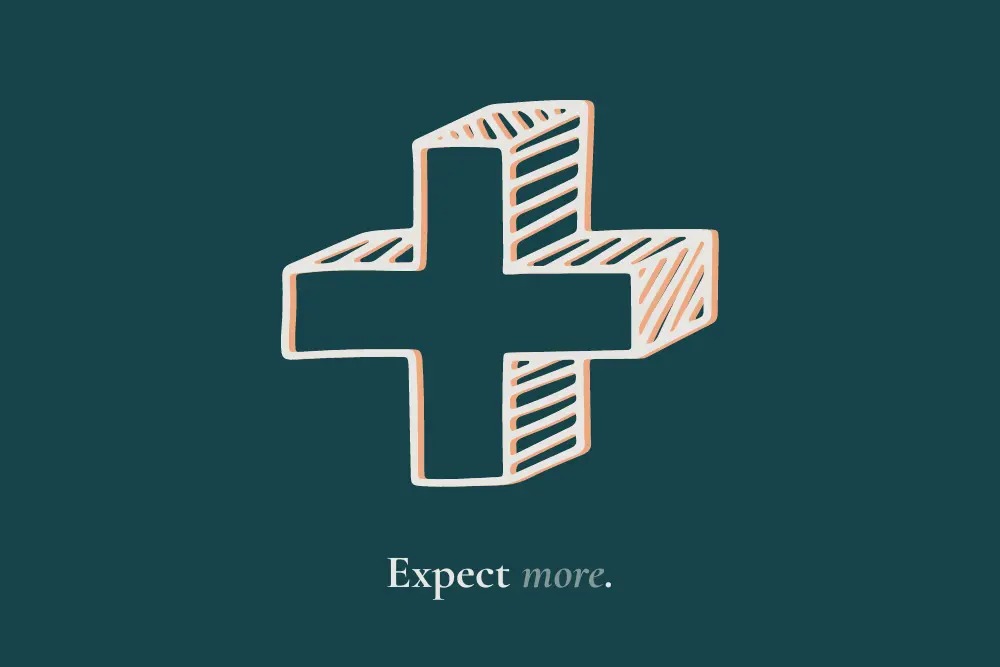Practice Makes Perfect When It Comes To Mastering Radical Acceptance
We all experience pain in life and how we choose to deal with it has a significant impact on our well-being. Ignoring or rejecting our emotional pain, or using unhealthy coping habits to manage it, can turn pain into suffering. The only way to end this suffering is to accept reality and face our pain head on. This is the idea behind radical acceptance, a powerful tool that can change how you see the world.
What is radical acceptance?
Radical acceptance is one of several reality acceptance skills taught in Dialectical Behavior Therapy (DBT), a form of therapy that aims to help people learn distress tolerance skills that can help them navigate painful situations and control the urge to engage in harmful coping behaviours.
Tara Brach, an American psychologist, author, and advocate of Buddhist meditation, describes radical acceptance as being focused in the now, moving with kindness and intention, and mindfulness. By mastering radical acceptance skills, you can stop fighting reality, accept what isn’t under your control, and let go of any pain and suffering it might be causing you.
Some examples of radical acceptance in action may include:
- Recognizing when you are fighting against reality and turning your mind, or making a conscious choice to accept reality as it is.
- Reminding yourself that you cannot change the past and nipping “if only…” statements in the bud.
- Examining why we respond to certain situations or people with impulsive or destructive behaviours so we can break the cycle of suffering.
- Staying mindful of breath, posture and physical sensations in the body, and using skills like breath control and relaxing the muscles in your face to achieve a place of calm.
- Acknowledging difficult feelings like disappointment, sadness, or grief.
- Be willing to see life as worth living even when you are in temporary pain, and be willing to fully participate in your life.
Of course, radical acceptance cannot and does not neutralize the real and systemic challenges that many people face in their everyday lives, particularly marginalized groups and people of colour. Radical acceptance is a form of therapy designed to help people manage emotional pain without resorting to unhealthy coping mechanisms.
So how can you incorporate these skills into your life?
My advice for getting started with radical acceptance is to start small by incorporating self-compassion, gentle consideration, and self-care into your everyday life. For you, self-care might look like:
- Taking a walk in the park.
- Stopping to smell the roses.
- Connecting with like-minded people.
- Engaging in activism.
You can also try shifting your perspective. When you see a dark and stormy sky above you, look past the clouds to the blue sky beyond. This doesn’t mean you don’t see the dark clouds. You acknowledge them, you accept that they’re there, and then you move on.
As a therapist, my goal is to create space for healing, help you draw your own personal map to wellness, whatever that might look like, and help you approach difficult conversations through dialogue. Journaling, opening up to friends or family that you trust, and working with a licensed therapist are great ways to start approaching radical acceptance in tough times.
"Caring for myself is not self-indulgence, it is self-preservation, and that is an act of political warfare.” — Audre Lorde
Radical acceptance may feel impossible in the face of life’s many challenges. But, as with any other skill, practice makes perfect. We’re here to help you along the way.
This article was written by Martha Segovia Calles during their time at Shift Collab.














.gif)







![Why You Need to Unfollow [@YourEx]](https://cdn.prod.website-files.com/625ec823c07cd8de32e1bae2/684af2346eb36cf47933e7ab_20240206T0910-707e5b7e-9802-42a3-8070-ba67b8dc33fd.webp)






![Summer Lovin' [not] Havin' a Blast](https://cdn.prod.website-files.com/625ec823c07cd8de32e1bae2/684af26ed2b68f821b628848_20240206T0910-fd1563e4-34d1-49e6-af59-9b95c717196a.webp)













































































